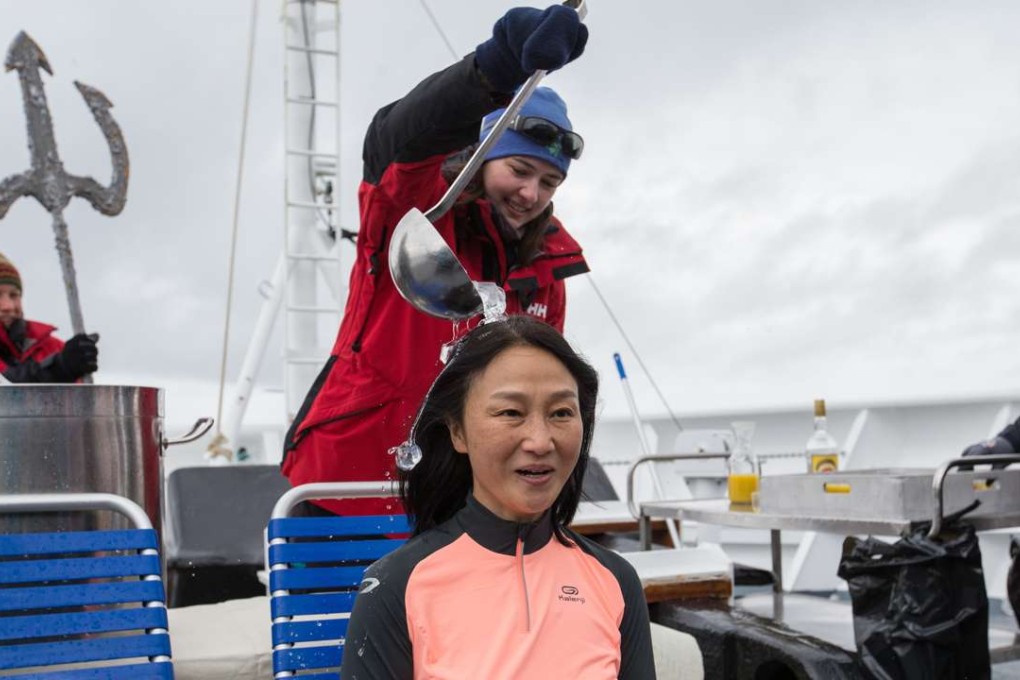How tourism could change Antarctica, our last wilderness
Human activity on Earth’s frozen continent has never been higher. What effect will a rise in visits by holidaymakers, including Chinese, and scientific researchers have on the polar region? Will the fears of environmentalists be borne out?

IN ANTARCTICA IN February, there is barely any night. At 10.30pm, as the MS Fram nudges its way through the Lemaire Channel, every passenger aboard is on deck to watch the sun’s blood-red orb hover above the horizon. Hemmed in by steep cliffs, the waterway’s unruffled surface is mirror-like, reflecting snow-clad peaks and fractured glaciers with startling clarity.
Lying off the west coast of Graham Land, the 11km Lemaire Channel is just one highlight of a voyage through the Antarctic. Carrying cargoes of people, ships such as this – a specially designed 400-passenger polar cruise vessel operated by Norwegian company Hurtigruten – are increasingly making journeys to the end of the world.
This is the Earth’s last great wilderness. It is here that humans have a chance to show that we can manage the environment responsibly
There is nowhere else like Antarctica. It is the driest, coldest, windiest place on the planet. Drawn to its spectacular scenery and long list of iconic species, more and more tourists are choosing to visit this harsh yet pristine wilderness. It is a place where humans are almost never in control and yet, as man’s activities here intensify, nature’s rule over the frozen continent is increasingly fragile.
According to the International Association of Antarctica Tour Operators (IAATO), the total number of visitors travelling to the continent with its members during the 2015-16 season was 38,478, up nearly 5 per cent year-on-year. This will rise to an estimated 44,000 next season (although about 10,000 will not actually set foot on Antarctica).
“We think this is sustainable, with some room for further growth,” says Amanda Lynnes, IAATO communications and environmental officer.

